10 Best Essential Oils For Head Lice Prevention
Save yourself the discomfort with some amazing homemade oils for your scalp.
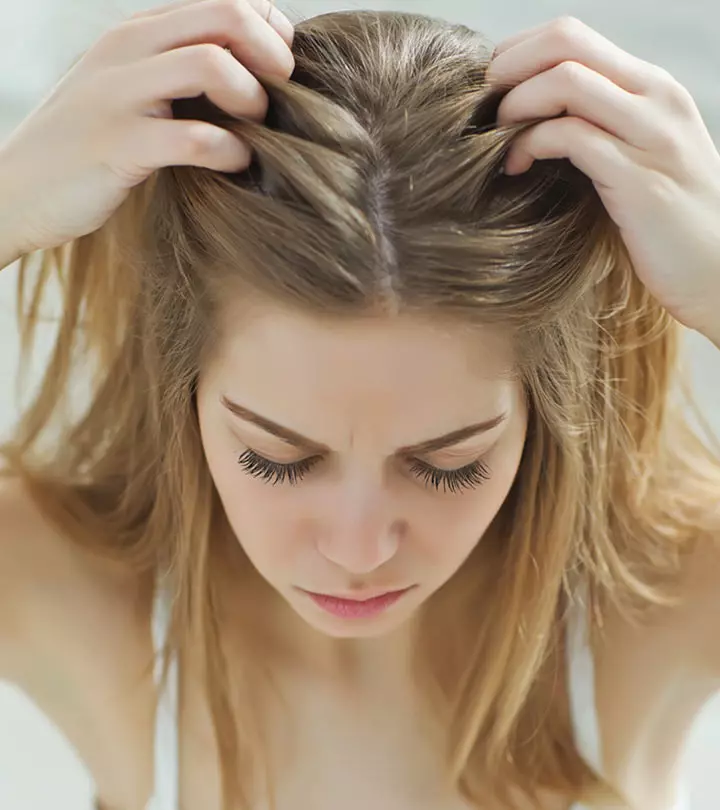
Image: Shutterstock
Today’s post teaches you how to eliminate those blood-sucking parasites – head lice! A popular remedy appears to be using essential oils for head lice prevention. But are these oils strong enough to extinguish stubborn head lice? Aren’t there better treatments? Most recommended chemical treatments contain highly concentrated solutions that may damage your hair and scalp. On the other hand, essential oils are a safer and healthier alternative. Their antimicrobial properties suffocate the louse. Using these oils may even prevent further lice infestations. Essential oils also help increase hair shine, keep your scalp clean, soothe inflammation, and stimulate hair growth. Keep reading to learn how to use these oils to prevent head lice from hurting your hair and scalp.
In This Article
What Are Head Lice?
Head lice are parasites residing in the hair that feed on scalp blood.
They lay eggs (known as nits) and cause intense itchiness. However, they are not harmful and do not spread any disease. They are highly contagious, though, and spread quickly from one scalp to another (1).
Head lice are quite a common problem among pre-schoolers and school-going children. Statistics show that an estimated 6 to 12 million lice infestations occur in the US among children between 3 and 11 years of age (2).
So, how to get rid of head lice? Essential oils are growing in popularity as treatments for head lice. Along with combing, the application of essential oils is proven to be effective in preventing head lice (3), (4). We have discussed some of the more effective essential oils in the following section.
Key Takeaways
- Head lice are contagious parasites that suck the blood from your scalp and lay eggs, leading to intense itching.
- Peppermint oil, tea tree oil, or lavender oil are some of the essential oils you can apply to kill the lice, stimulate hair growth, and cleanse your scalp.
- Wet combing your hair and using anti-lice shampoo and essential oils are some effective ways to prevent the growth of lice.
Essential Oils For Lice Prevention
Several essential oils can be highly effective in preventing lice. All you have to do is dilute them with carrier oil, like coconut or olive oil, to avoid irritation and apply them to your scalp thoroughly. Comb through your hair for better coverage. After a while, you can use a nit comb to remove any lice or eggs effectively. Sounds simple enough? Let’s check out some tried and tested oil recipes to combat the pesky nuisances below.
1. Peppermint Oil
Peppermint oil helps relieve chronic pruritus (itching that persists for 6 weeks) (5). The strong odor and the insecticidali The property of a substance or ingredient that helps in killing insects or controlling their growth. properties of this oil could make it a strong lice deterrent (6).
You Will Need
4 tablespoons of peppermint oil
2-3 tablespoons of olive oil
Duration
30 minutes
How To Apply
- Combine the peppermint oil with olive oil and apply this mixture to the scalp. Leave it on for at least 30 minutes.
- Brush through your hair with a nit comb to get rid of the dead lice.
- Try carrying out this procedure over a sink as the lice may escape quickly.
2. Lavender Oil
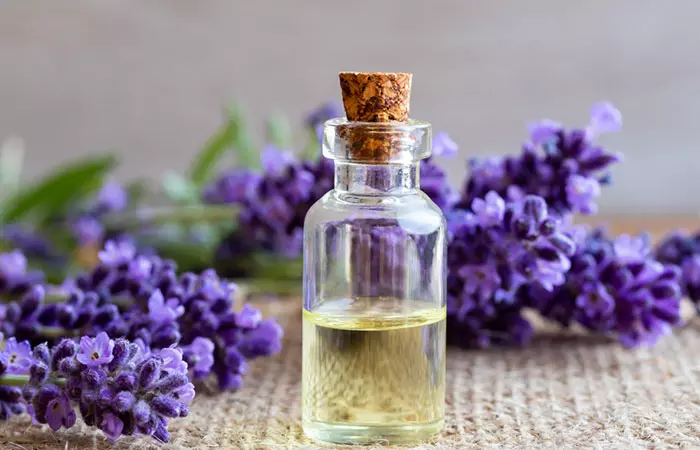
The insect-repelling properties of lavender oil can cut down the risk of lice. The oil suffocates the lice with its smell and prevents their proliferation (7), (8). The active ingredients of lavender oil have antibacterial and antifungal properties that soothe the scalp and halt the growth of microorganisms (9). Moreover, mice studies have shown that lavender oil may also relax the scalp and promote hair growth (10).
You Will Need
- 10 drops of lavender oil
- 3 tablespoons of any carrier oil (jojoba, coconut, or olive)
Duration
2 hours (repeat the process every alternate day for 10 days)
How To Apply
- Mix 10 drops of lavender essential oil with any carrier oil and massage this mixture gently onto your scalp.
- Shampoo your hair and use a nit comb to remove as many nits as possible.
- Rinse your hair thoroughly.
3. Aniseed Oil
The strong odor and the volatile compounds of aniseed possess antimicrobial properties that could halt the growth of any pathogens and control head lice (11), (12). A study in the Israel Journal of Medical Sciences showed that natural remedies with the application of essential oils reduced lice infestations in children within 15 days (13).
You Will Need
- 3 tablespoons of coconut oil
- 4-5 drops of aniseed oil
- 3 tablespoons of tea tree oil (optional)
Duration
3 hours
How To Apply
- Mix all the ingredients and massage the mixture onto the scalp.
- Work this solution through the hair from the root to the tip.
- Cover your hair with a shower cap and let the mixture sit for 3 hours. If possible, you can leave it on for the entire day.
- Comb your hair with a nit comb and rinse thoroughly.
4. Neem Oil
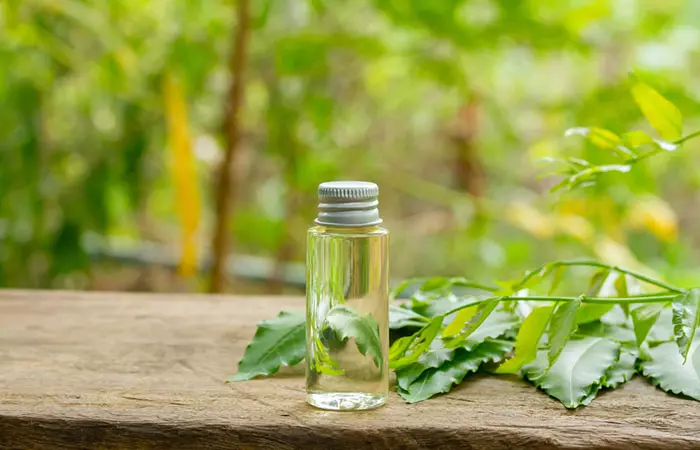
Neem has insecticidal properties that destroy head lice and kill the larvae within 7-10 days of application (14). It is used in natural insect repellent products. Neem also may soothe an irritated scalp and improve hair health.
You Will Need
- 1 tablespoon of coconut oil
- 1 tablespoon of neem oil
Duration
30 minutes
How To Apply
- Mix one tablespoon of neem oil with one tablespoon of coconut oil.
- Massage this mixture gently onto the scalp and let it sit for at least an hour.
- Rinse it off with a shampoo.
- Repeat this every alternate day for a month.
5. Tea Tree Oil
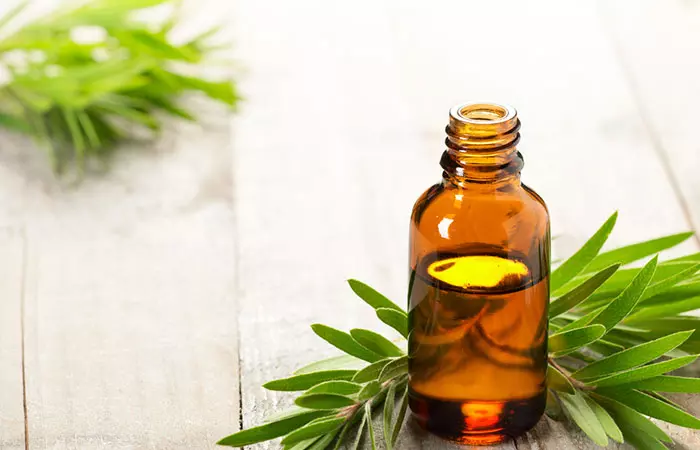
Using tea tree oil for lice was found to show some efficacy in halting the growth of lice (15). Further research had shown that a 1% concentration of tea tree oil for 30 minutes could kill 100% of head lice (16). Another study showed that a combination of essential oils, including tea tree oil, may effectively eradicate head lice (17), (7).
You Will Need
- 3 drops of tea tree oil
- Any chemical-free shampoo
Duration
30 minutes
How To Apply
- Squeeze a quarter-size amount of shampoo into your hand and add 2 to 3 drops of tea tree oil to it.
- Gently massage the solution into the scalp.
- Leave it on for a few minutes. Rinse your hair thoroughly.
Saleah, a professional lice removal expert and vlogger, conducted an experiment to see how effective tea tree oil is in killing head lice. She submerged a few lice in some tea tree oil using a petri dish. She left the lice in the dish for 20 minutes and then cleaned them and let them dry for about 10 minutes to see if they were dead or simply unconscious. She says, “Still, one of them did survive, so not a hundred percent effective on the bugs that were in the petri dish. I think it’s (the oil) one of those things that you would have to submerge your head in and still use a comb (i).”
6. Rosemary Oil
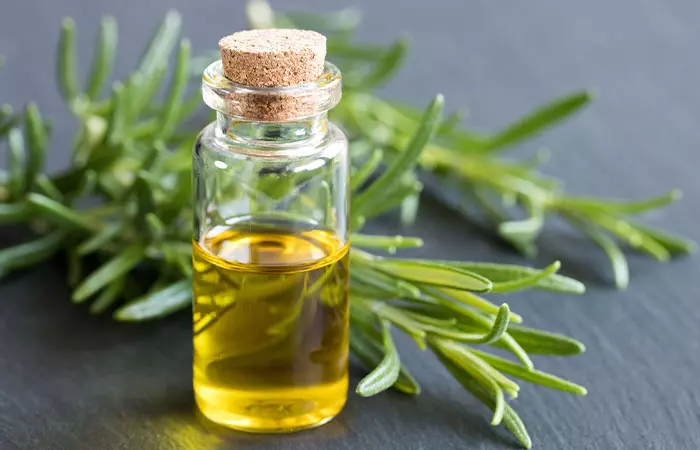
The volatile compounds in rosemary essential oil reduce head lice and relieve scalp itching (18). In combination with other essential oils, rosemary oil may also be effective in promoting hair growth (19).
You Will Need
- 8 drops of rosemary oil
- Any chemical-free shampoo
Duration
5 to 10 minutes
How To Apply
- Add 5 to 8 drops of rosemary oil to your shampoo.
- Make sure to soak each hair strand with this solution and scrub your scalp in and around the roots.
- Comb your hair using a nit comb to loosen the eggs from your hair quickly.
- Rinse thoroughly.
7. Clove Oil
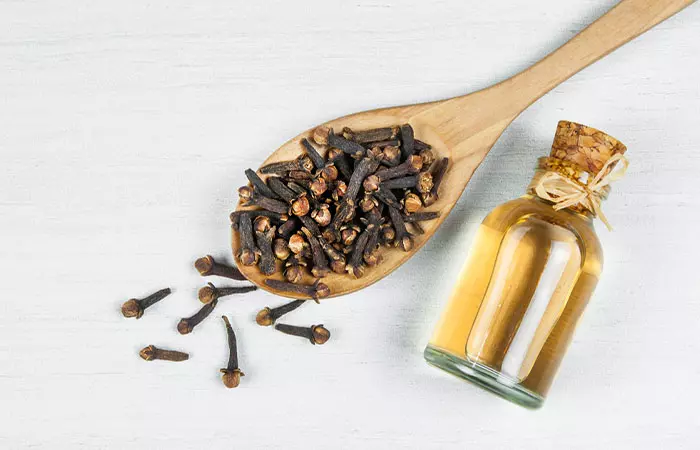
The odor of clove oil can drive lice away. The two components of clove oil, eugenoli A pale yellow, aromatic liquid present in oils, especially clove oil, that are often used in perfumery. and beta-caryophyllene, act as lice repellents (15), (20), (21).
You Will Need
- 4 drops of clove essential oil
- Any shampoo
Duration
5 minutes
How To Apply
- Add a few drops of clove oil to the shampoo.
- Coat your hair with this mixture and let it stay for 4 to 5 minutes.
- Use a nit comb to comb through your hair while the shampoo is still on.
- If you see any lice, add a few more drops of clove oil.
- Rinse your hair thoroughly.
8. Eucalyptus Oil
Eucalyptus oil is a potent disinfectant that fights against inflammation and soothes wounds. A study showed that Australian eucalyptus oil effectively treats head lice and provides relief from itching (22), (23).
You Will Need
- 3 drops of clove essential oil
- Any natural shampoo
Duration
10-20 minutes
How To Apply
- Add a few drops of eucalyptus oil to the shampoo.
- Coat your hair with this mixture and let it stay for 10-20 minutes.
- Comb your hair with the shampoo still on.
- If you see any lice, add a few more drops of eucalyptus oil.
- Rinse your hair thoroughly.
9. Cinnamon Leaf Oil
Cinnamon leaf oil possesses antimicrobial and antioxidant properties (24). It also contains benzyl benzoate and cinnamaldehyde that help kill head lice and prevent other bacterial and fungal infections (25).
You Will Need
- 4-5 drops of cinnamon leaf oil
- 3 tablespoons of jojoba oil
- 3 tablespoons of extra virgin olive oil
- Shower cap
Duration
4 to 5 hours
How To Apply
- Mix well and apply the solution to your head.
- Cover with a shower cap for 4 to 5 hours.
- Comb your hair with a nit comb from the root to the tip.
- Rinse your hair twice to remove the dead nits and lice.
10. Red Thyme Oil
Red thyme oils phenols and oxides may help fight head lice (26).
You Will Need
- 10 drops of red thyme oil
- 4 tablespoons of coconut oil or olive oil
Duration
2 to 3 hours
How To Apply
- Add 10 drops of red thyme oil to olive oil or coconut oil.
- Massage the mixture gently into the scalp.
- Use a nit comb to get rid of the dead lice.
- Rinse thoroughly with a chemical-free shampoo.
 Quick Tip
Quick TipKriquett Howells, a pro-natural wellness vlogger, used some essential oils to combat a lice infestation. She initially used chemical treatments from the drugstore that were effective but raised concerns about exposing them to her kids. She found natural alternatives safe and quite effective. She used a combination of essential oils, such as eucalyptus, geranium, rosemary, arborvitae, etc., mixed with a carrier oil like fractionated coconut oil. She says, “I prefer to make sure that they are completely dead, so I actually suggest just leaving it on for around 4 hours or more (ii).”
Head lice can be troublesome. But the right hair care regimen can help you get rid of them altogether. Use these essential oils to get the best results. We also have discussed a few tips for preventing head lice.
Other Tips For Head Lice Prevention
- According to the British Medical Journal, wet combing is effective in removing head lice. It makes the lice visible and differentiates them from dandruff, helping in their quick removal (27).
- Brush your hair twice daily to disrupt the movement of the lice.
- Along with essential oils, you may also use an anti-lice shampoo. It cleanses your scalp and the hair shaft. Its ingredients can also halt the growth of the nits.
- Always ensure you dilute the plant essential oils before use. You can use water or oil or even shampoos and conditioners for this purpose. Essential oils are highly concentrated and can affect your skin if used undiluted.
- Keep your scarf, comb, pillow, towels, headsets, and earbuds separate. Avoid sharing such items with others.
 Quick Tip
Quick TipInfographic: 5 Essential Oils To Get Rid Of Lice
Head lice are highly contagious and cause severe itching. If you are looking for natural ways to remove head lice, you can use essential oils. They are not only a safer and healthier way of removing lice, but they also help keep the scalp clean and soothe inflammation. Check out the infographic below for a list of essential oils to help get rid of lice.

Illustration: StyleCraze Design Team
Using essential oils for head lice prevention is a safer and healthier alternative to using chemical solutions that may damage your hair and irritate the scalp. Essential oils have insecticidal, antimicrobial, and fragrant properties that can help eliminate a lice infestation. Not only do these oils halt lice growth but they also promote your overall scalp health. It is important to keep in mind that you cannot apply most essential oils directly to the scalp. But, you can dilute them in carrier oils like olive, coconut, or jojoba oil. Scroll back up and try these remedies to treat a lice infestation. If you don’t notice any improvement within 7-10 days, consult a dermatologist for more treatment options.
Frequently Asked Questions
Can coconut oil prevent lice?
No. The thick consistency of coconut oil may suffocate lice, but there is no evidence that it prevents lice from recurring.
How do you dilute tea tree oil for lice prevention?
You may use 3-5 drops of tea tree oil in 1 oz of shampoo for lice treatment. However, no scientific evidence proves that this remedy may prevent lice infestation.
Can you suffocate lice with conditioner?
Yes. Anecdotal evidence claims that conditioning your hair before using the lice comb can make it easier to remove them. The thick conditioner can stun the lice for a few minutes, making removal easier.
Is apple cider vinegar good for lice?
While various anecdotal reports suggest apple cider vinegar kills head lice, no clinical or scientific evidence supports this claim.
Can head lice live on pillows and sheets?
Yes. Head lice can live on pillows and sheets but not for very long. They need a host to feed on and survive.
Does baking soda get rid of lice?
No. Baking soda may help soothe the itching due to lice, but it doesn’t help to kill or eliminate them.
Discover the truth about using tea tree oil to remove lice in this must-watch video. Get an expert’s opinion and cautionary advice to ensure your safety and effectiveness in using this remedy. Click on this video below to know more!
Personal Experience: Sources
StyleCraze's articles are interwoven with authentic personal narratives that provide depth and resonance to our content. Below are the sources of the personal accounts referenced in this article.
i. How to use essential oils to prevent & repel lice,https://www.youtube.com/watch?v=FHn-l_Kpw1g
ii. Removing lice with tea tree oil? – watch this before you try!,
https://www.youtube.com/watch?v=f3xWM9DC1Yk
References
Articles on StyleCraze are backed by verified information from peer-reviewed and academic research papers, reputed organizations, research institutions, and medical associations to ensure accuracy and relevance. Read our editorial policy to learn more.
- Head ice: Overview.
https://www.ncbi.nlm.nih.gov/books/NBK279329/ - About Head Lice
https://www.cdc.gov/lice/about/head-lice.html - The efficacy of Australian essential oils for the treatment of head lice infestation in children: A randomized controlled trial.
https://www.ncbi.nlm.nih.gov/pmc/articles/PMC6001441/ - The potential effectiveness of essential oils as a treatment for headlice, Pediculus humanus capitis.
https://pubmed.ncbi.nlm.nih.gov/9439284/ - Effectiveness of topical peppermint oil on symptomatic treatment of chronic pruritus.
https://www.ncbi.nlm.nih.gov/pmc/articles/PMC5066694/ - Essential oils of peppermint, orange or lemongrass kill most strains of fungal and bacterial infections.
https://pubmed.ncbi.nlm.nih.gov/11366554/ - A randomised, assessor blind, parallel group comparative efficacy trial of three products for the treatment of head lice in children – melaleuca oil and lavender oil, pyrethrins and piperonyl butoxide, and a “suffocation” product.
https://www.ncbi.nlm.nih.gov/pmc/articles/PMC2933647/ - An ex vivo, assessor blind, randomised, parallel group, comparative efficacy trial of the ovicidal activity of three pediculicides after a single application – melaleuca oil and lavender oil, eucalyptus oil and lemon tea tree oil, and a “suffocation” pediculicide.
https://bmcdermatol.biomedcentral.com/articles/10.1186/1471-5945-11-14 - Chemical Composition of Two Different Lavender Essential Oils and Their Effect on Facial Skin Microbiota
https://www.ncbi.nlm.nih.gov/pmc/articles/PMC6767019/ - Hair Growth-Promoting Effects of Lavender Oil in C57BL/6 Mice
https://www.ncbi.nlm.nih.gov/pmc/articles/PMC4843973/ - Chemical composition and efficacy of some selected plant oils against Pediculus humanus capitis in vitro.
https://pubmed.ncbi.nlm.nih.gov/27112758/ - Antimicrobial Properties of Plant Essential Oils against Human Pathogens and Their Mode of Action: An Updated Review
https://www.ncbi.nlm.nih.gov/pmc/articles/PMC5206475/ - The in vivo pediculicidal efficacy of a natural remedy
https://pubmed.ncbi.nlm.nih.gov/12389342/ - Efficacy of a single treatment of head lice with a neem seed extract: an in vivo and in vitro study on nits and motile stages.
https://pubmed.ncbi.nlm.nih.gov/21667206/ - In vitro efficacy of five essential oils against Pediculus humanus capitis.
https://pubmed.ncbi.nlm.nih.gov/29264717/ - Activity of tea tree oil and nerolidol alone or in combination against Pediculus capitis (head lice) and its eggs.
https://pubmed.ncbi.nlm.nih.gov/22847279/ - Head lice.
https://www.ncbi.nlm.nih.gov/pmc/articles/PMC4294162/ - Commercial Essential Oils as Potential Antimicrobials to Treat Skin Diseases.
https://www.ncbi.nlm.nih.gov/pmc/articles/PMC5435909/ - Randomized trial of aromatherapy. Successful treatment for alopecia areata.
https://pubmed.ncbi.nlm.nih.gov/9828867/ - Identification of repellent odorants to the body louse, Pediculus humanus corporis, in clove essential oil.
https://pubmed.ncbi.nlm.nih.gov/26864790/ - Essential Oils as a Potential Treatment Option for Pediculosis.
https://pubmed.ncbi.nlm.nih.gov/32365395/ - The efficacy of Australian essential oils for the treatment of head lice infestation in children: A randomised controlled trial.
https://pubmed.ncbi.nlm.nih.gov/28266704/ - Eucalyptus essential oil toxicity against permethrin-resistant Pediculus humanus capitis (Phthiraptera: Pediculidae).
https://pubmed.ncbi.nlm.nih.gov/19902249/ - Cinnamon: A multifaceted Medicinal Plant.
https://www.ncbi.nlm.nih.gov/pmc/articles/PMC4003790/ - Cinnamon from the selection of traditional applications to its novel effects on the inhibition of angiogenesis in cancer cells and prevention of Alzheimer’s disease, and a series of functions such as antioxidant, anticholesterol, antidiabetes, antibacterial, antifungal, nematicidal, acaracidal, and repellent activities
https://www.ncbi.nlm.nih.gov/pmc/articles/PMC4488098/ - Antifungal activity of thyme (Thymus vulgaris L.) essential oil and thymol against moulds from damp dwellings.
https://pubmed.ncbi.nlm.nih.gov/17209812/ - Wet combing versus traditional scalp inspection to detect head lice in schoolchildren: observational study.
https://www.bmj.com/content/321/7270/1187
Read full bio of Dr. Shruti Chavan
Read full bio of Anjali Sayee
Read full bio of Eshna Das
Read full bio of Krati Darak






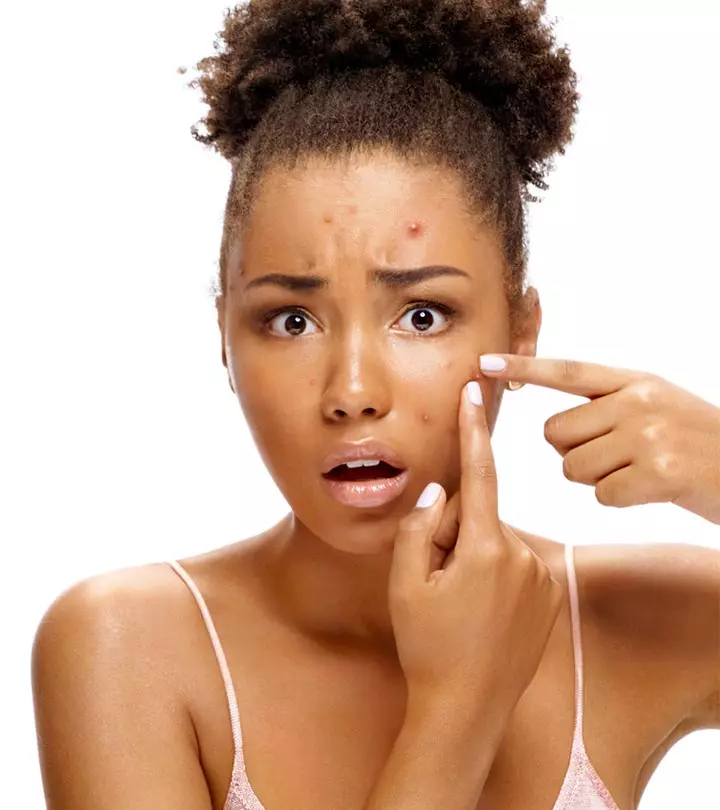
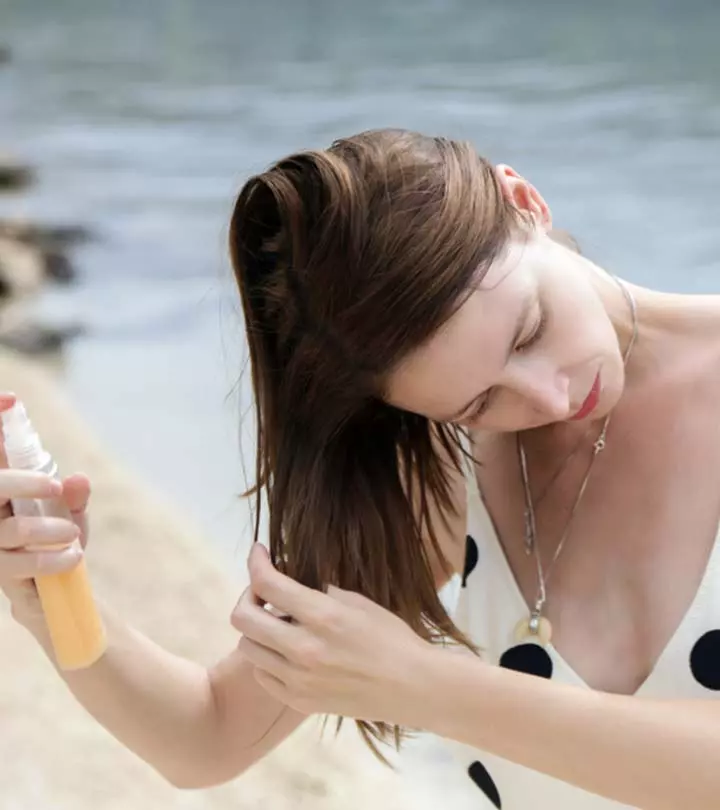
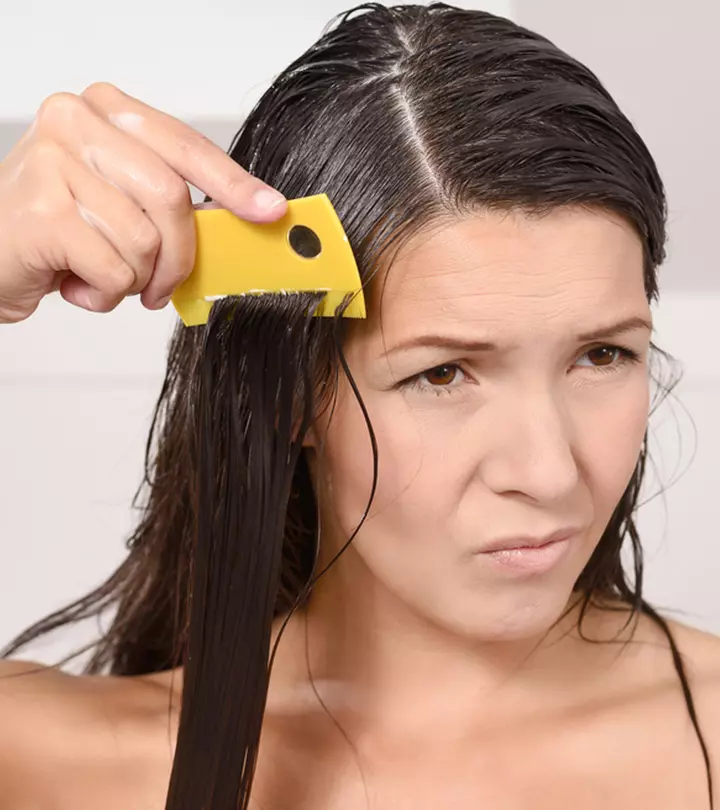
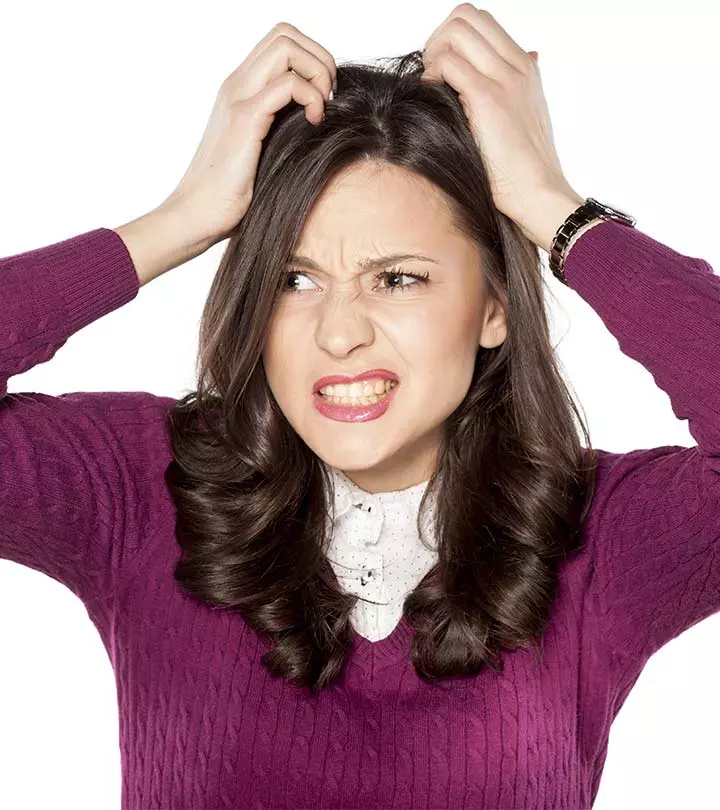
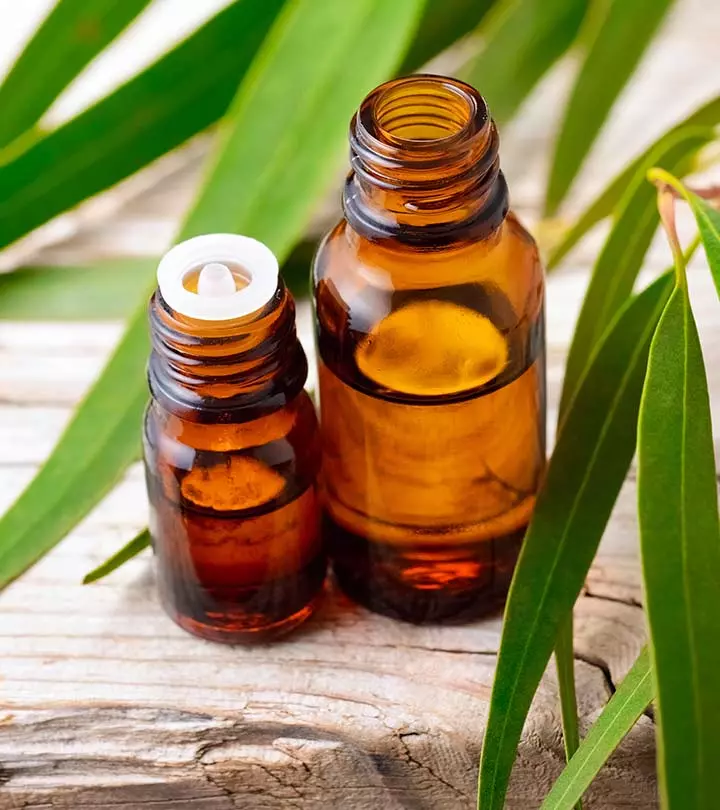
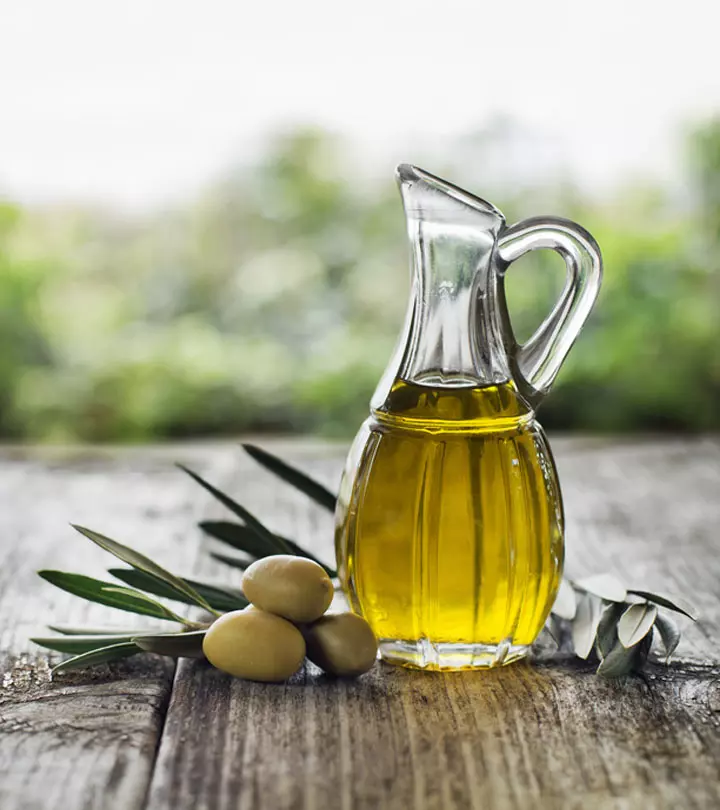
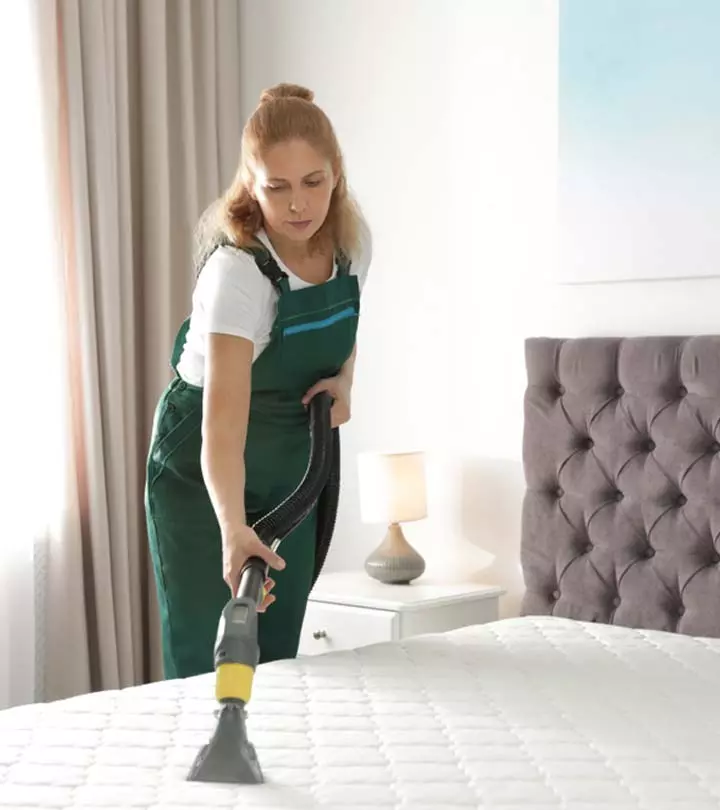
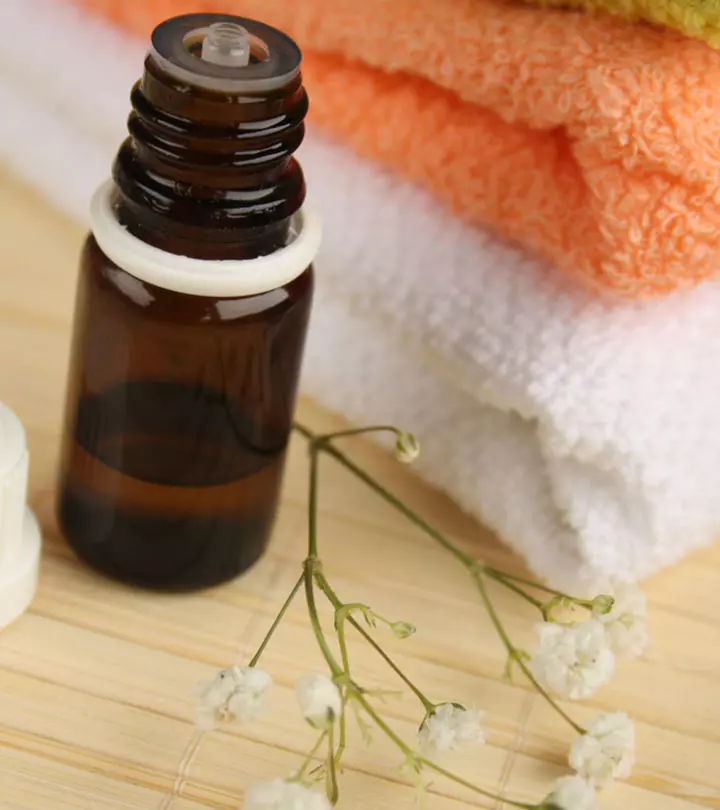
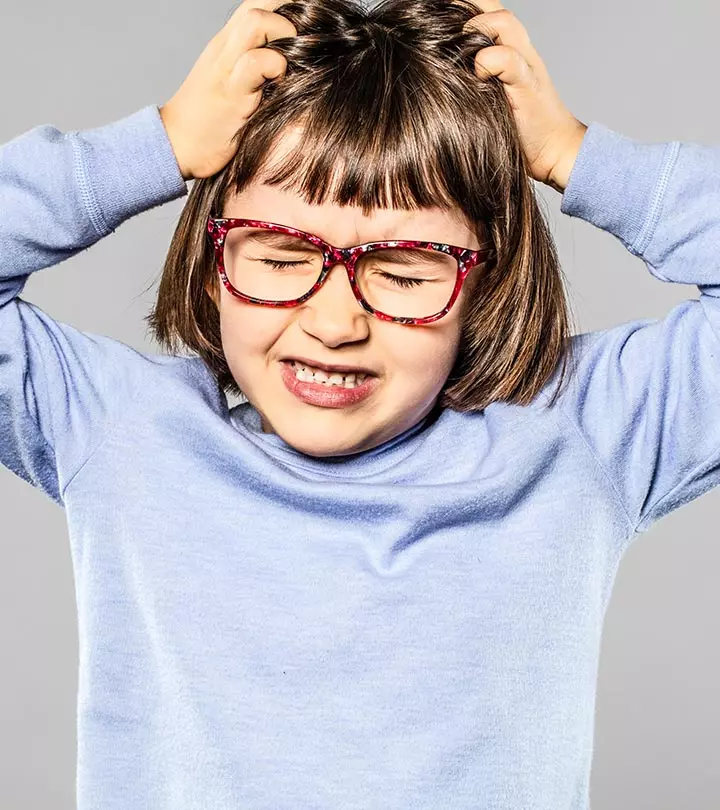
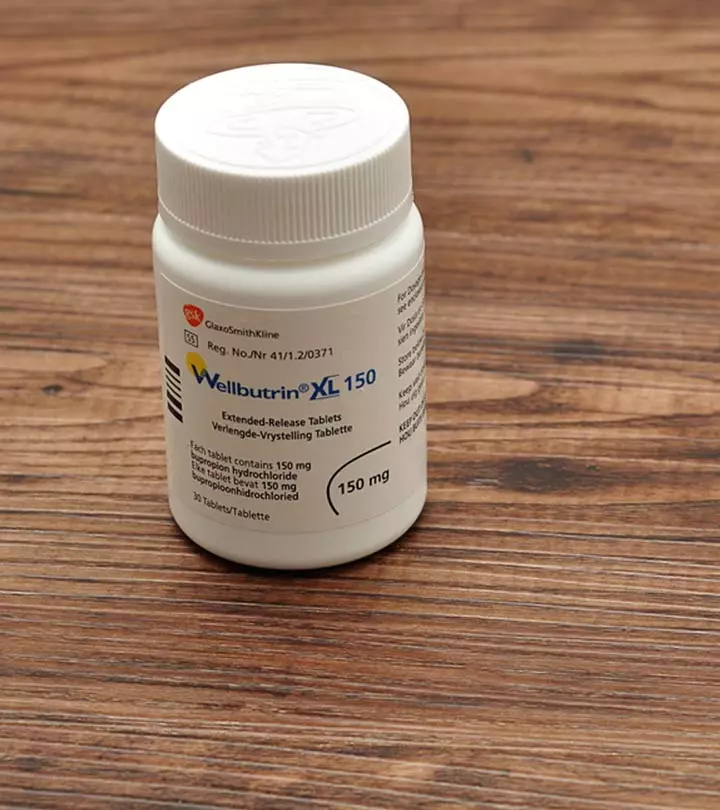
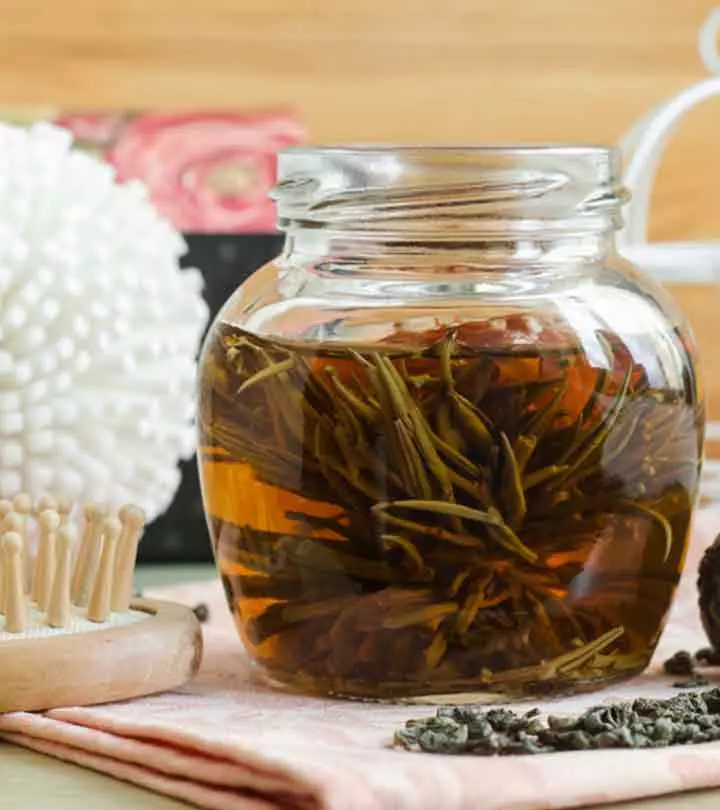
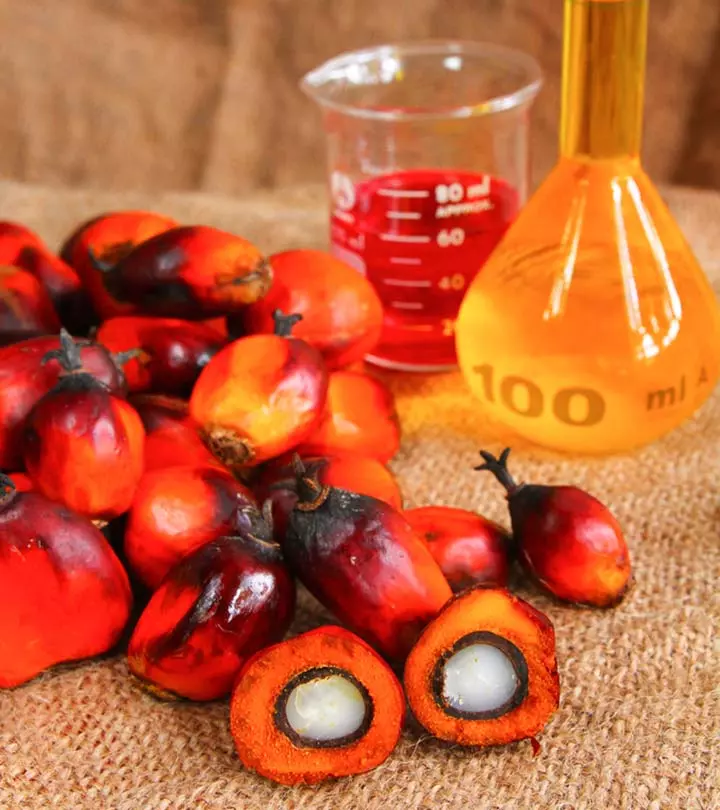
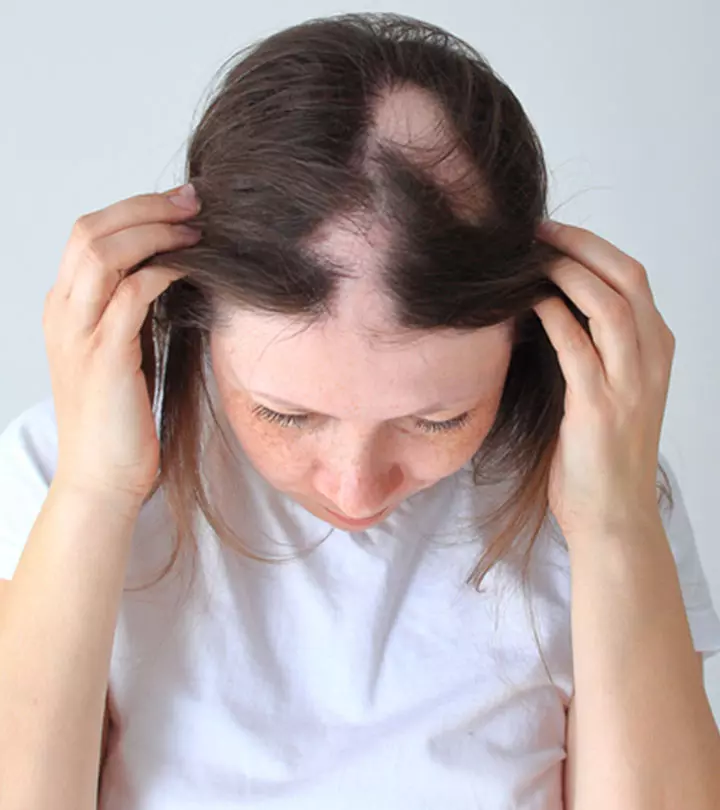
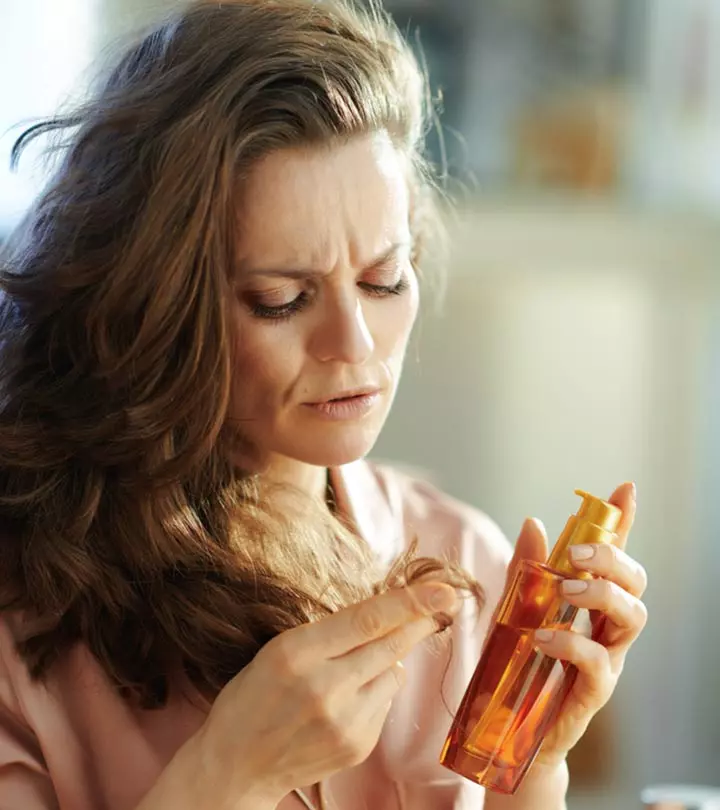

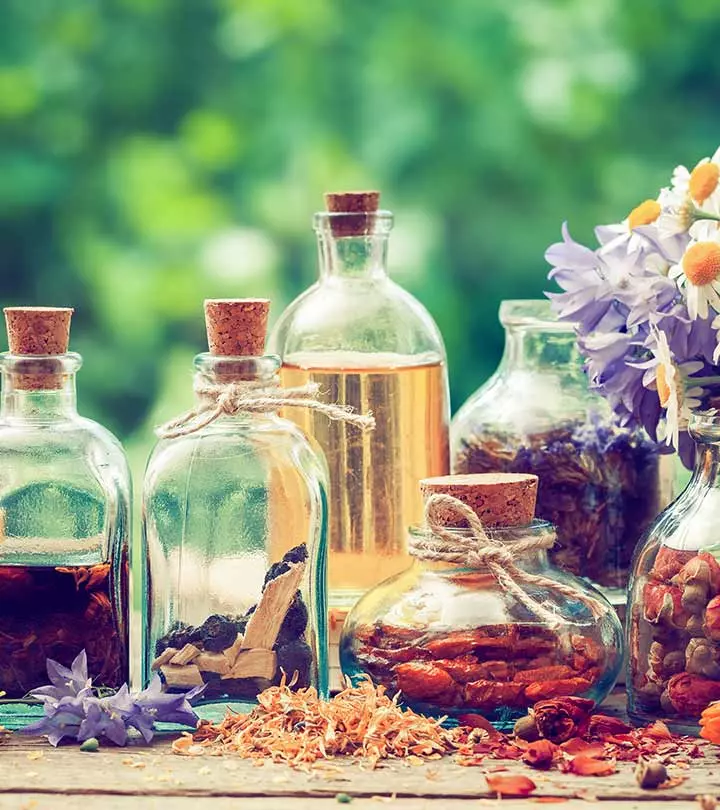

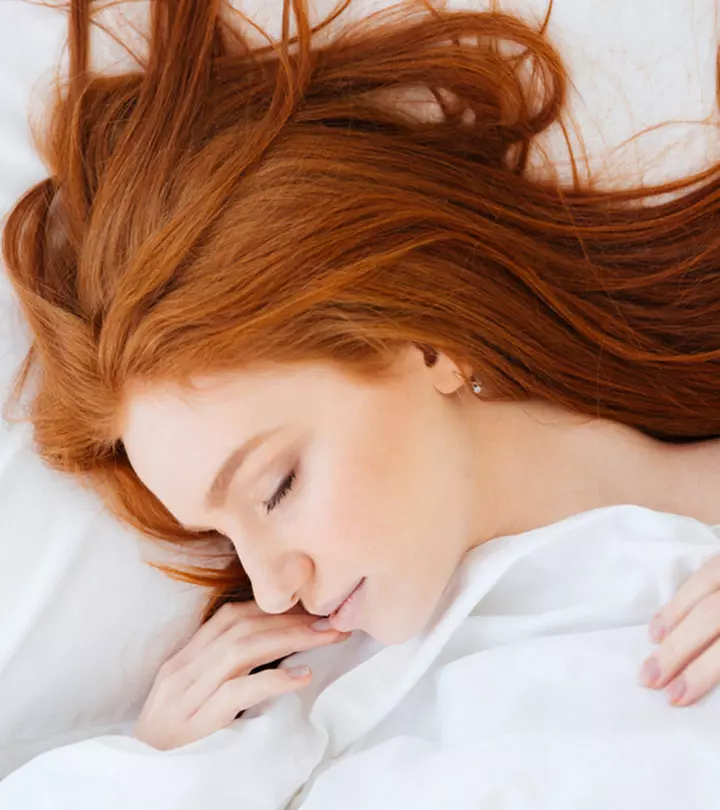
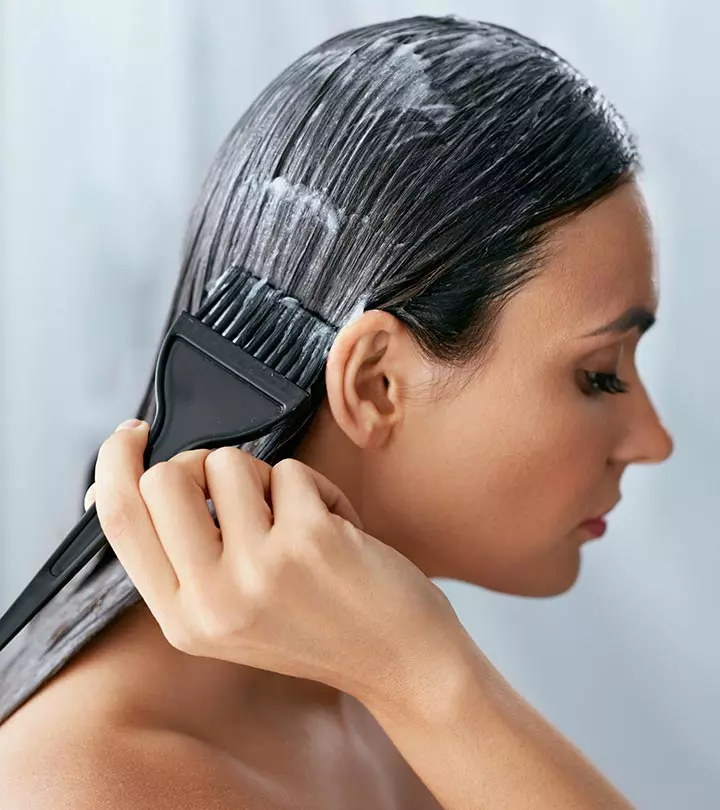
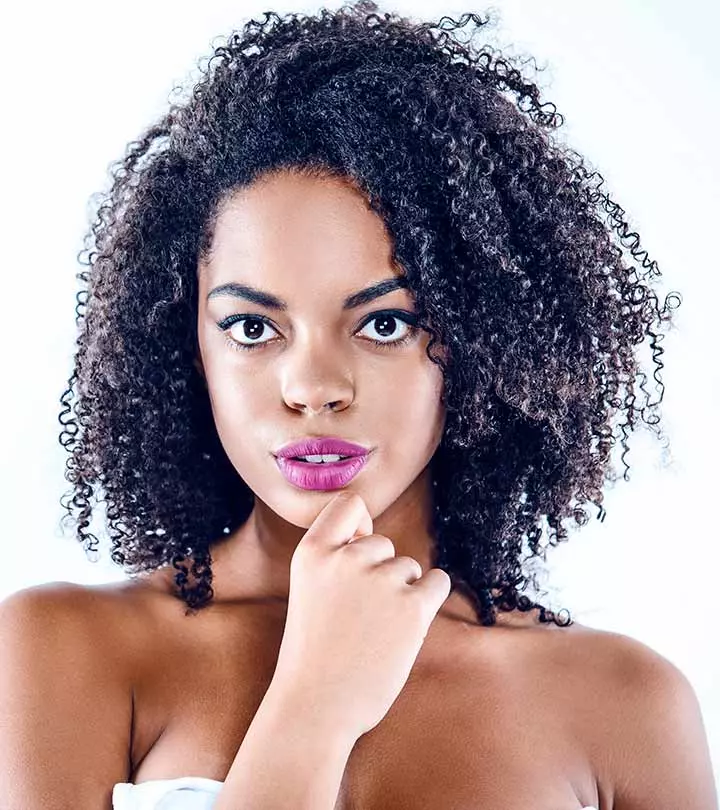
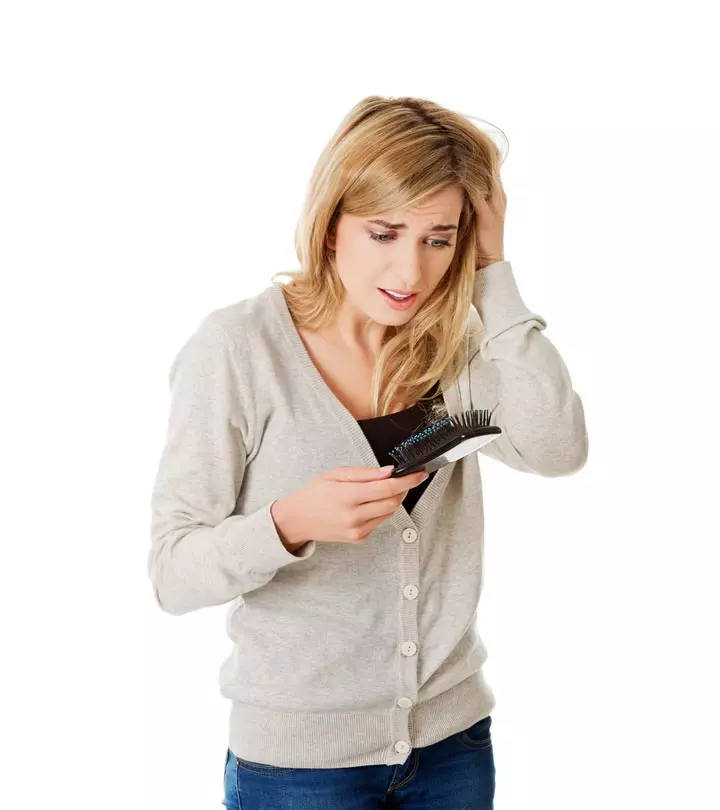
Community Experiences
Join the conversation and become a part of our empowering community! Share your stories, experiences, and insights to connect with other beauty, lifestyle, and health enthusiasts.